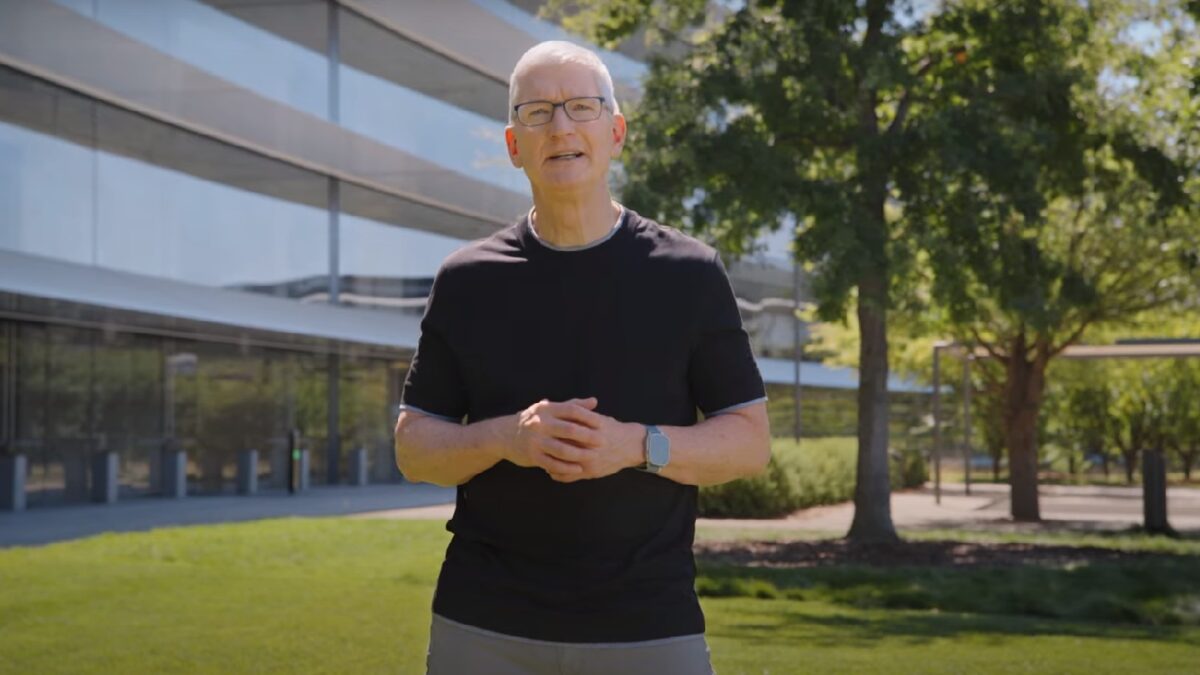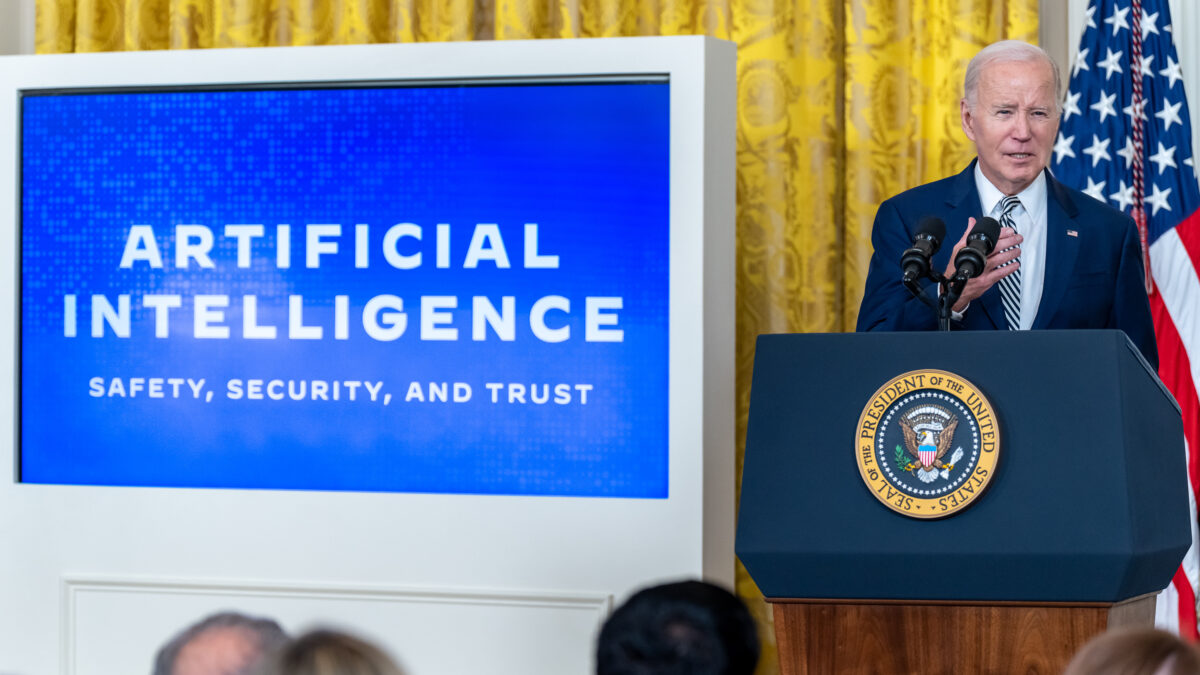It’s not just Google that has negatively affected conservatives through its online services or abused its platforms to favor itself. Apple is another global tech behemoth that is exercising excessive and undue content moderation on its platform.
Without notice, Apple removed thousands of episodes of “The Glenn Beck Program” from Apple Podcasts on the morning of Aug. 16. Apple restored the popular show to its platform five hours later, blaming the removal on a trademark dispute. Host Glenn Beck said he received a notice from Apple about an issue with the show, but a link to more information contained therein simply informed him that Apple had removed his show.
This episode illustrates the harm that Apple’s monopoly is causing to a flourishing internet. From the excessive fees and gatekeeping of its App Store to its greed-fueled support of the totalitarian Chinese government, Apple has shown it is abusing its monopoly power, which runs counter to America’s best interests as well as a free and open internet.
When a consumer wants to download an app on his iPhone, there is only one shop in town — the Apple App Store. App developers must also play by Apple’s exploitative rules if they want to sell their services on the App Store. Once a developer earns $1 million in revenue, it must fork over 30 percent in fees. X CEO Elon Musk correctly labeled this fee a “30% tax on the Internet.”
Presumably, having exorbitant fees and complete control over access to the App Store would mean Apple is equipped to prevent abuse of its platform. In reality, Apple’s App Store is consistently in the news for the opposite.
Back in 2022, it was reported that cybersecurity researchers found TikTok bypassed certain security audits of its code run by Apple’s App Store. In 2019, cybersecurity company Trend Micro published a report showing it found hundreds of “fake” applications in the App Store, some ranking in the top 100, that could hide their true behavior during Apple’s review process. Even Pro-Big Tech outfit AEI had to cover the fact that the App Store was hosting “Pure Spyware” on the Chinese-built app My2022 for Olympic athletes, including useful hidden features like “continuous” voice monitoring.
A man named Kosta Eleftheriou single-handedly exposed Apple’s inability to properly police its App Store by identifying high-revenue scam apps that Apple had overlooked. In 2015, cybersecurity firms found malware in more than 300 apps due to an issue with Apple’s developer tools, causing personal information to leak from Chinese-developed apps. The notion that Apple’s App Store is an impenetrable walled garden where no malicious app can enter is a falsehood.
Apple’s faults go far beyond its App Store drama. In August 2021, it announced that photos stored in iCloud would be scanned for child sexual abuse material (CSAM). While the pursuit of such a mission may be admirable, the obvious privacy implications caused such an outcry that Apple ultimately walked back the decision. The widespread concern about this tool’s misuse is well warranted given Apple’s subservience to the Chinese Communist Party.
In the wake of the Hong Kong protests, Apple rolled out an update to Chinese iPhones that would restrict the “Everyone” mode of AirDrop after 10 minutes, making it harder for Chinese dissidents to use “one of the few uncensored communication mediums in China.” During the zenith of the protests, Apple removed an app that allowed protesters to track the movements of police after an official CCP newspaper called out Apple for allowing it on the App Store. Apple lobbyists have also tried to prevent efforts to end forced labor in China, and CEO Tim Cook visited China multiple times to orchestrate a $275 billion investment deal that would help the company avoid CCP regulations.
Apple’s dominance of the smartphone and app store industry combined with its high fees, lack of oversight, and exclusionary practices is making the internet a worse place for both innovation and freedom. Apple has consistently proven itself to be driven by greed and a dangerous political agenda. To hear firsthand, just ask Beck, the protesters in Hong Kong, or those harmed by predatory apps allowed on the iOS App Store.
Apple’s monopolistic abuses should not dictate the freedoms of Americans online. Consumers deserve options in the application marketplace without sacrificing quality or bearing greater costs.
That is why Congress should pass vital legislation, such as the Open App Markets Act. This legislation would remove restrictions on consumers that stop them from downloading apps of their choice, while also preventing app stores from forcing their in-app payment systems on developers. Doing so would help to curb Big Tech interests and restore market balance for both consumers and competitors. It’s time to unshackle the online space from Big Tech and restore a free and open internet for its users.









